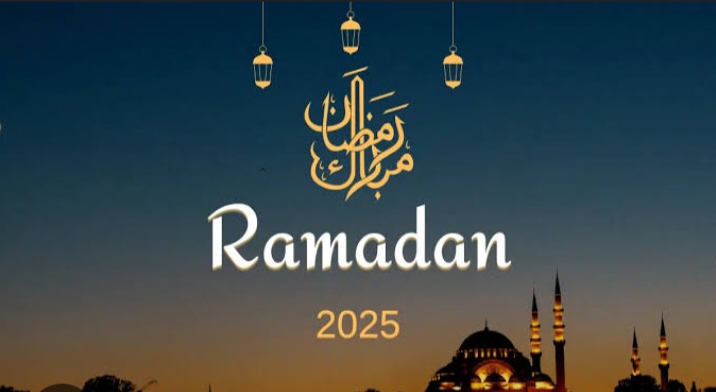For nearly 2 billion Muslims worldwide, Ramadan is a sacred month of reflection, prayer, and community. As the Islamic holy month begins, here’s what to know about its significance, traditions, and observances.
When Does Ramadan Start and End?
Ramadan follows the Islamic lunar calendar, meaning its start date shifts each year based on the sighting of the crescent moon.
This year, the new moon appeared on Thursday, February 27, and the crescent moon was expected to be visible on Friday evening. As a result, Ramadan officially begins on March 1 and is anticipated to end on March 30, depending on moon sightings.
The festival marking the end of Ramadan is Eid al-Fitr, a celebration known as the “Festival of Breaking the Fast.” Muslims greet each other by saying “Eid Mubarak.”

The History and Significance of Ramadan
Ramadan is believed to be the month when the first verses of the Quran were revealed to the Prophet Muhammad. This spiritual period, observed for over 1,400 years, is considered a time for devotion, self-discipline, and community engagement.
How Is Ramadan Observed?
Muslims fast from dawn to sunaset, refraining from food, drink, and other physical needs. The fast is broken each evening with iftar, a meal traditionally starting with water and dates, following the example of the Prophet Muhammad. Many mosques and community centers host communal iftar meals to bring people together.
While fasting is a fundamental part of Ramadan, exemptions apply to young children, the elderly, pregnant or breastfeeding women, travelers, and those with health conditions.

Beyond fasting, Muslims increase their time spent in prayer, reading the Quran, and performing acts of charity. The month is seen as a time for spiritual renewal and self-reflection.
How Many People Observe Ramadan?
Ramadan is observed by nearly 2 billion Muslims worldwide, including both Sunni and Shia communities. In some countries, work hours are adjusted to accommodate fasting schedules.

The fasting duration varies by location, ranging from 13 to 16 hours per day depending on the length of daylight.
In the United States, Islam is the third-largest religion, with approximately 4.5 million Muslims taking part in Ramadan traditions.
Will the White House Host an Iftar Dinner?
The tradition of a White House iftar dates back to 1805, when President Thomas Jefferson hosted a dinner for a visiting Tunisian diplomat observing Ramadan. However, it became a more regular event in the past few decades.

In 2024, President Joe Biden canceled the White House iftar after some Muslim American leaders declined the invitation due to his handling of the Israel-Gaza conflict. While former President Donald Trump did not host an iftar in his first year, he held dinners in 2018 and 2019.
As of now, the White House has not announced any plans for a 2025 iftar.




